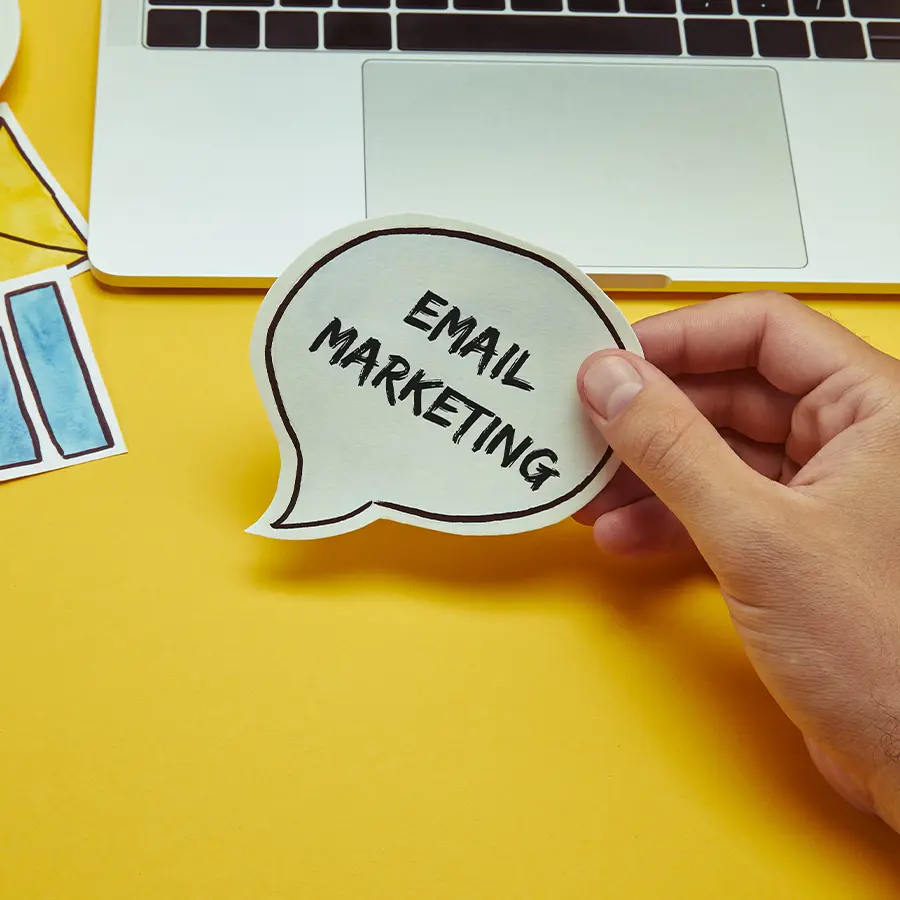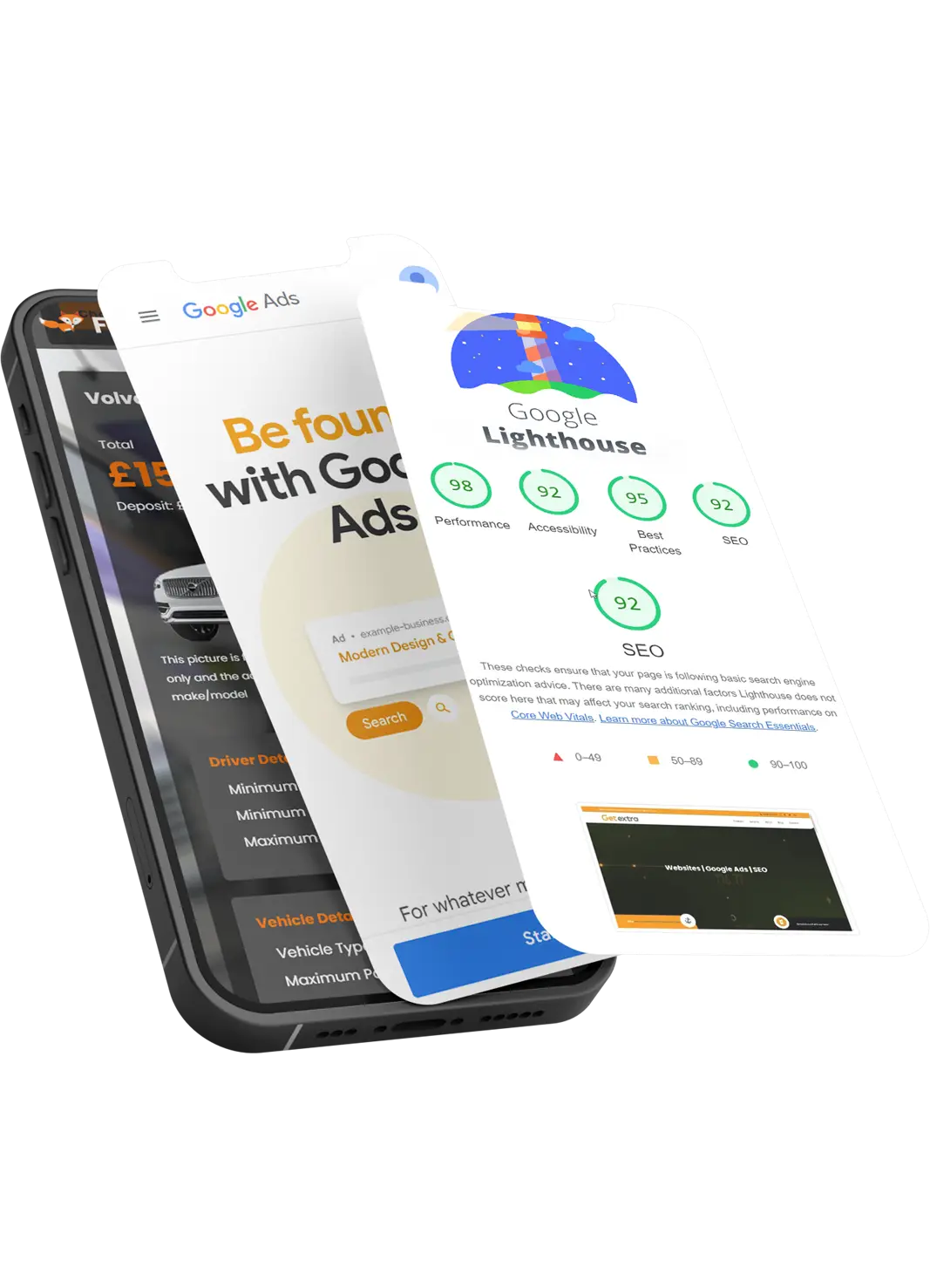Is Email Marketing Still Effective?
Despite the growing popularity of social media and other digital platforms, email marketing remains one of the most effective and reliable marketing strategies for businesses today. Many businesses wonder if email marketing is still relevant in a world dominated by Facebook, Instagram, and Twitter. The answer is a resounding yes. Not only is email marketing still effective, but it continues to deliver one of the highest returns on investment (ROI) of any marketing channel.
In this article, we’ll explore why email marketing is still highly effective, how it compares to newer digital marketing strategies, and best practices to maximise its impact.
Why Email Marketing is Still Effective
Email marketing has withstood the test of time because of its unique ability to deliver personalised messages directly to the recipient’s inbox. Here are the key reasons why email marketing remains an essential tool for businesses:
1. Direct Communication with Your Audience
Email is one of the most direct forms of communication available. When you send an email to a subscriber, it lands in their inbox, a personal space where people check regularly. This makes email a powerful tool for delivering messages directly to your target audience without the noise and distractions of social media platforms.
Emails also allow for greater personalisation, enabling businesses to send targeted, relevant messages based on user behaviour, preferences, and past interactions. Personalised emails have a much higher open and click-through rate than generic emails, making this a key feature of effective campaigns.
2. High Return on Investment (ROI)
Email marketing delivers one of the highest ROIs of any marketing strategy. Studies show that for every £1 spent on email marketing, businesses can expect an average return of £38. This far outpaces other channels, including social media and pay-per-click (PPC) advertising.
Email campaigns are also cost-effective. Unlike other marketing methods, such as paid ads, where you need to continuously spend to keep your campaign running, email marketing requires only an initial investment in a platform, content creation, and list management. Once the system is set up, you can continue to engage with your audience at a relatively low cost.
3. Building Long-Term Relationships
Email marketing is ideal for nurturing long-term relationships with customers. Unlike social media, where posts and ads can easily be lost in an ever-scrolling feed, emails are more persistent. Subscribers can revisit their inbox and return to an email later, making it a reliable way to keep your business top of mind.
With email marketing, you can gradually build trust and loyalty by providing valuable content, promotions, and updates. Regular email communication can enhance brand recognition and establish your business as a trusted authority in your industry.
4. Control and Ownership of Your Audience
Unlike social media platforms, which are controlled by third parties and subject to algorithm changes, email marketing gives you complete control over your audience. When someone subscribes to your email list, you have direct access to their inbox. You’re not dependent on the algorithms or policies of a platform to reach them.
This sense of ownership is crucial, as social media platforms can change their rules or reduce organic reach, but your email list remains a valuable, independent asset that you can always rely on.
How Does Email Marketing Compare to Social Media?
With social media being a major force in today’s marketing landscape, some businesses may wonder why email marketing is still needed. While social media offers unique opportunities for engagement and visibility, email marketing has distinct advantages:
1. Personalisation and Targeting
Email marketing allows for a higher degree of personalisation than social media. With email, you can segment your list based on user demographics, behaviour, and preferences, allowing you to send highly relevant messages to different groups within your audience. Social media platforms, while useful for reaching a large audience, often lack the level of personalisation that email offers.
2. Conversion Rates
Email marketing consistently outperforms social media when it comes to conversions. People tend to use social media for browsing, entertainment, or connecting with friends, while email is a more action-oriented platform. Emails with personalised offers, promotions, or reminders often lead directly to sales or other conversions.
3. Longevity and Visibility
Social media posts have a very short lifespan. After a few hours, your post might disappear from your audience’s feed, and without paid promotion, it may not be seen again. Emails, on the other hand, remain in the inbox until the recipient chooses to open or delete them, giving them much greater visibility and persistence.
Best Practices for Effective Email Marketing
To ensure your email marketing campaigns are successful, it’s essential to follow some key best practices:
1. Build a Quality Email List
A successful email marketing campaign starts with a strong, engaged email list. Make sure your subscribers have opted in to receive your emails by offering clear value, whether through a newsletter, exclusive offers, or useful content. Avoid buying email lists, as they often result in low engagement and could harm your sender reputation.
2. Personalise Your Emails
Personalisation goes beyond addressing your recipient by name. Use data from previous interactions, purchases, or preferences to send targeted, relevant content that resonates with each subscriber. Personalised emails are much more likely to be opened and lead to conversions.
3. Use Eye-Catching Subject Lines
Your subject line is the first thing recipients see, and it’s often the deciding factor in whether they open the email. Craft compelling, curiosity-driven subject lines that encourage recipients to click. Keep them short and to the point, and consider using emojis sparingly to grab attention.
4. Optimise for Mobile Devices
A large percentage of emails are now opened on mobile devices. Ensure your emails are mobile-friendly by using responsive design, concise content, and large, clickable buttons. If your emails are difficult to read or navigate on a phone, recipients are likely to delete them.
5. Test and Analyse Performance
Constantly test different elements of your email campaigns, such as subject lines, content, and send times. Use A/B testing to see what works best for your audience and monitor key metrics like open rates, click-through rates, and conversions. Analysing these metrics will help you refine your strategy and improve future campaigns.
Conclusion: Is Email Marketing Still Effective?
Yes, email marketing remains one of the most effective tools in a marketer’s arsenal. With its high ROI, ability to personalise messages, and direct communication with your audience, email marketing continues to drive results for businesses of all sizes. By following best practices and focusing on delivering value to your subscribers, email marketing can be a cornerstone of your digital marketing strategy in 2024 and beyond.





